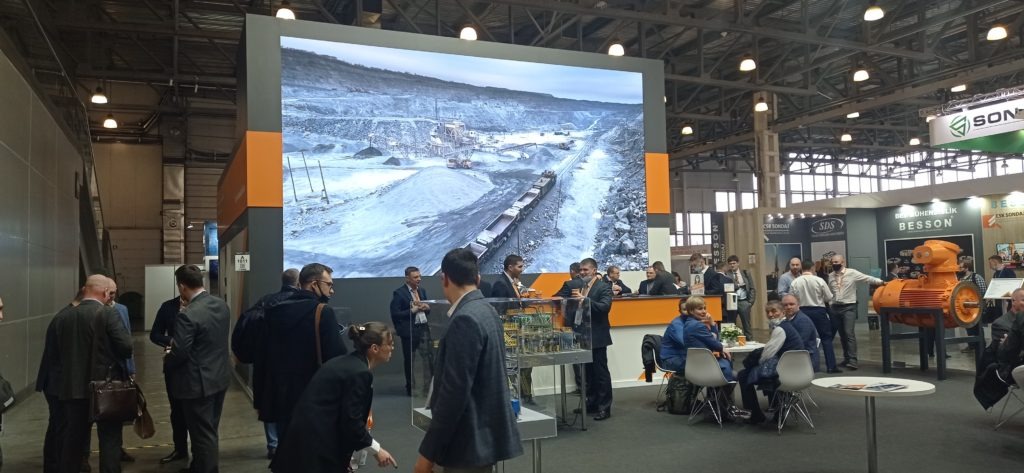China and South Korea Increase Investment in Indonesia

China and South Korea are increasing their investments in Indonesia. According to BKPM (Indonesia’s Investment Coordination Agency), China (including Hong Kong) accounted for $8.4 billion in foreign direct investment (FDI) in 2020, up 11% from the previous year, and South Korea accounted for $1.8 billion, up 64%.
Japan, which has been the driving force behind investment to date, has seen a clear decline of 40% to $2.6 billion. Singapore ranked first in FDI in 2020 with $9.8 billion, followed by China and Japan in second and third place, then the European Union in fourth place, and South Korea in fifth place.






